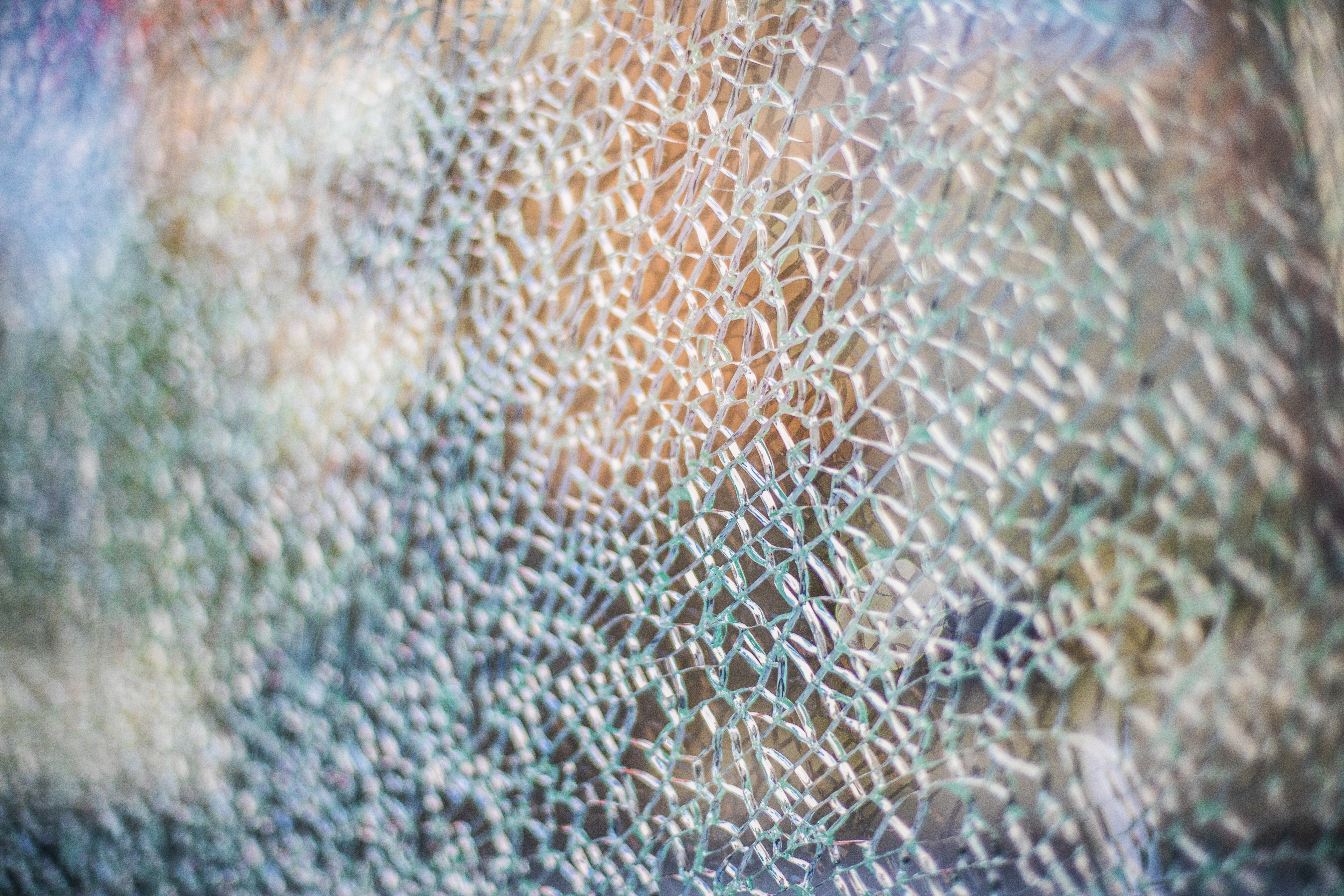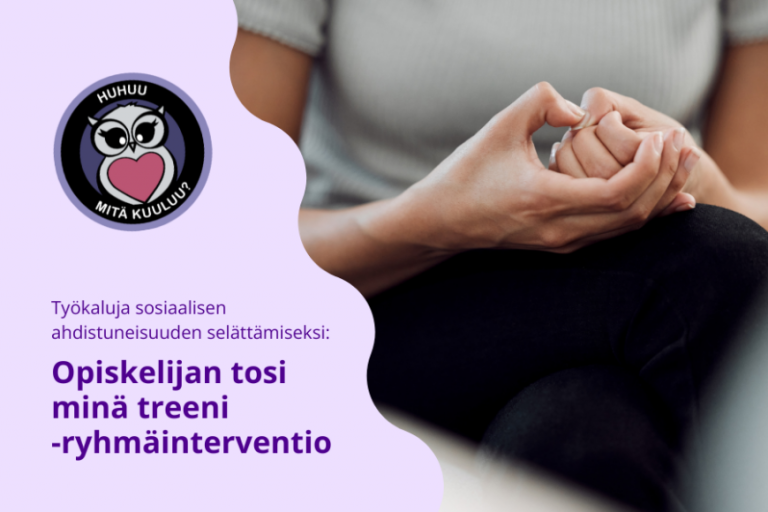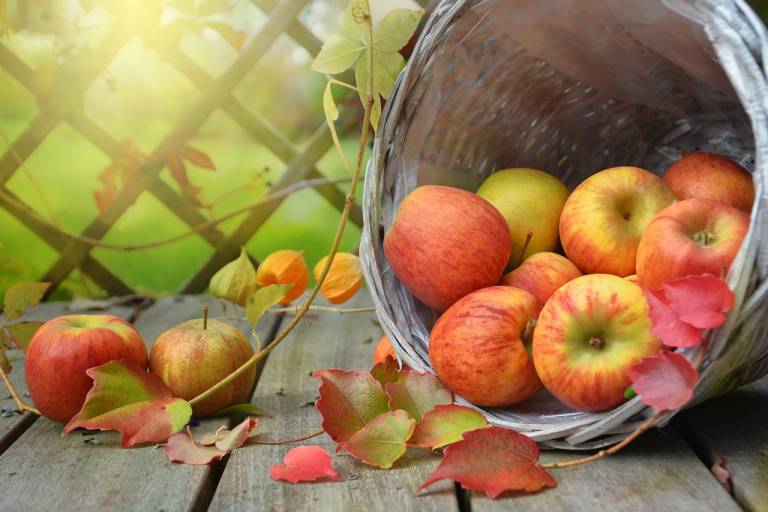A major crisis is a shock to the system and can evoke mixed emotions, such as fear, sadness and hatred. We may constantly feel anxious and worried. The concerns about our life and our loved ones can become entangled with anxiety about the international situation and the future. When a crisis begins, we often have a lot of questions and keep checking news sites and social media for updates.
Many of us feel a flurry of emotions right now, but our external reactions can be very different. One is anxious, the second is angry, the third is concerned and the fourth cannot stop crying. There may be people who show hardly any signs of a reaction, but it does not mean they are indifferent or insensitive. The way we respond to and deal with a crisis can differ greatly, depending on our personal history, experiences, resources and characteristics.
A crisis is typically a time of uncertainty and ambiguity. There are questions that cannot be answered. It is normal and only human that we find it very difficult to tolerate this type of uncertainty. It can help you to calm your mind if you identify and analyse your feeling and concerns even if you cannot find answers to all your questions.
War can stir up fear and stress even in people who are safe and whose loved ones are safe. You can remind yourself that we are safe here in Finland.
In a crisis, it is very important to take good care of your well-being. You should at least do the following:
- Focus your attention on continuing your daily life and try to stick to your normal routines. Make sure you are meeting your basic needs, such as eating regularly and getting enough sleep.
- If necessary, limit your exposure to media coverage. We should not constantly monitor the news and social media. Take time to think about something else and do enjoyable and calming activities. It is important to regularly relax your mind and body. Doing things that you enjoy will help you through tough times. Do things that make you feel good, give you positive experiences and help you to calm down. They can be small, everyday things, like taking a walk in the woods, meeting a friend, having a cup of tea or taking a warm shower.
- You are not alone, so share your thoughts with others. If you are feeling concerned and stressed and finding it hard to focus on your studies, please contact the low-threshold support services.
Remember that self-care is not selfish but a responsible thing to do. Continuing our daily routines, doing things we enjoy and focusing on the positives in life can help us cope with a crisis. It does not mean we are insensitive to the suffering of others. If you are worried about your loved ones, remember that you will not be able to help and support others for long if you do not take care of your own well-being, too.
People who are directly affected by the current crisis may find it difficult to follow our instructions. These are the times when support from friends, loved ones and the community is needed the most. Let’s all take care of one another!
Study psychologists Taija, Simo, Sonja and Pauli





